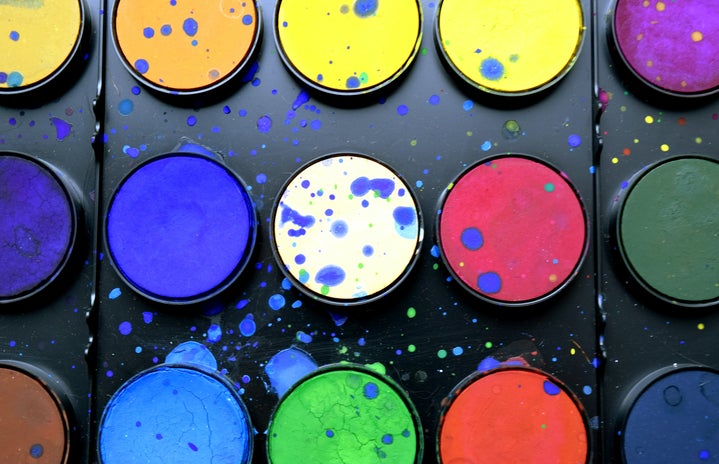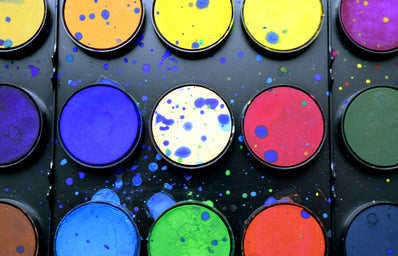I spoke with music expert and entrepreneur Andrew Schneidkeraut concerning the popularity of record players and records. Andrew Schneidkeraut has owned the music store “Albums on the Hill,” located on 13th street in Boulder, Colorado, for more than 30 years.
“I don’t think the sky is the limit, I think there is a real limit, below the sky,” said Andrew Schneidkeraut.
Record players have been around for quite some time now. In 1906, RCA Victor invented the Victrola model record player. This model held differing speed options in order to adhere to the great range of records produced at the time. By the 1920s, record players were used amongst a wide variety of people.
This would remain the most popular way people listened to music, up until about the 1970s—when cassette tape recorders began to emerge. Record players were buried even deeper into the past, with the invention of CD’s during the 90s.
There are so many alternatives to how we are entertained in this day of age. There is an enormous array of unprecedented technological advancements and mediums we can immerse ourselves in. With the touch of a button, we can listen to our favorite song, while get directions, and surf the web.
Record players have become an incredibly less popular form of playing music over the years, according to Schneidkeraut. Streaming and downloading music has become more and more simple as a result of these advancements in technology.
Back in the 60s and 70s, records would go for 5-10 dollars. Now a trip to the record store can end in at least 115 dollars for just three or four records.
“The value of records is always shaped by the standard economic forces, of supply and demand,” says Schneidkeraut.
So what is the appeal to listening to records?
Lee Barron, Principal Lecturer in Media and Communication Design, at Northumbria University in Newcastle, proposes that, “A major technological characteristic cited in the comeback of vinyl is its distinctive lack of audio cleanness and perfection – what fans call the ‘warmth’ of the vinyl sound.”
The authentic, and raw sound of music through a record player, is not the only reason why record players are still so greatly valued by some. The fact of supporting the artist also comes into play. While having the ability to physically hold the talent and grace in your hands, without risk of loosing it through your iTunes library or on the internet; at the same time, you’re paying a price and most literally supporting the artists who produce the magic.
There are people out there who will pay this amount for music that can be downloaded for free. There are people who take pride in supporting and listening to brilliant musical geniuses through a record player. That population of people has grown as well as declined.
“The young record consumer tends to buy two kinds of records: indie, new, recent type of records. Hip hop, or classic vinyl re-issues.” Andrew Schneidkeraut continued to illustrate his understandings and experiences in selling records; “Basically, I use my many years of experience to price my records. But I do refer to the online market places, and see what records are going for online, because I do sell music online as well. Things online can sell for way more. I prefer to sell at my store, but you got to be realistic about where the market is. It’s an exponentially larger outlet. You price what the traffic will bear.”
Record players are considered a dying or already deceased phenomenon of the past by some, and a hugely important and valuable medium to others.
“Vinyl records are the only area of growth in physical music sales. Allegedly, in 2015, between 14 and 16 million, record albums sold in the United States, however an insignificant number to what records once sold. Albums such as Thriller sold 20 million. I believe the attraction to records now, has less to do with the quality of sound than it does listening to a record,” said Schneidkeraut.
“You’ll listen to an entire side and album on a record player, you’ll get the entire artistic expression of a musician. Diametrically opposed to the shuffling experience we have today,” Schneidkeraut explained. “The direction of sales in records are continuing to go up. It has not yet plateaued,” Schneidkeraut reported.
Check out Albums on the Hill next time you get a chance, and tell Andrew HerCampus sent you! xo


